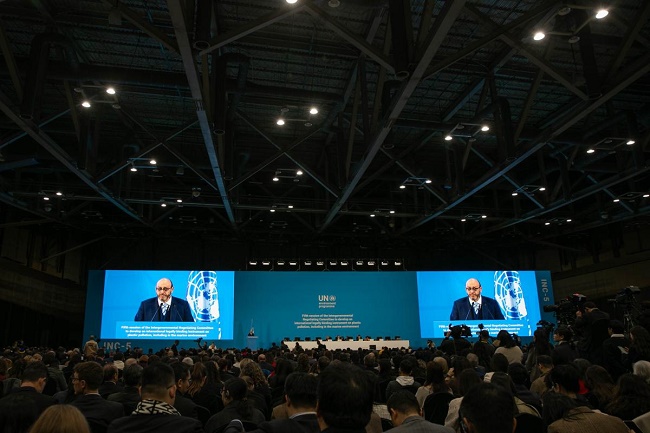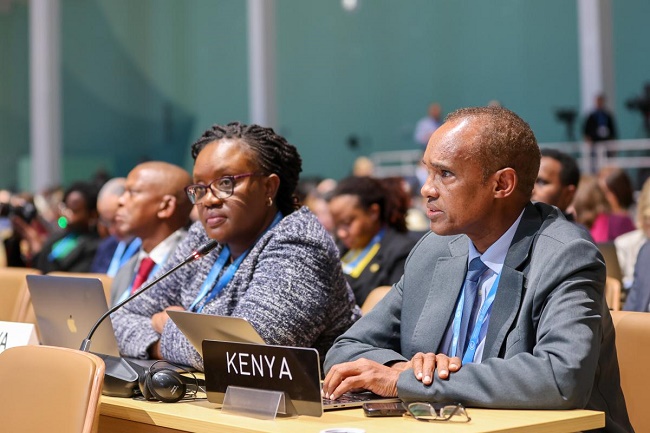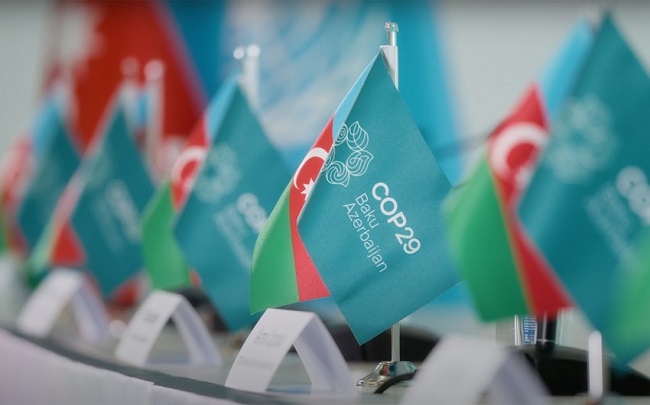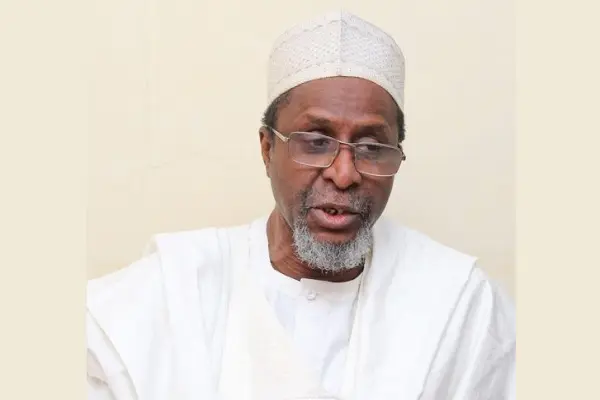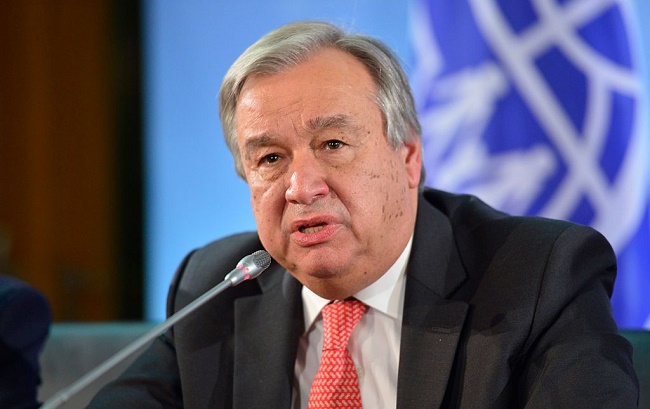In line with its 2030 ambition to decarbonise the hydrogen used in its European refineries, TotalEnergies has joined forces with Air Liquide to produce renewable hydrogen at La Mède in southeast France.
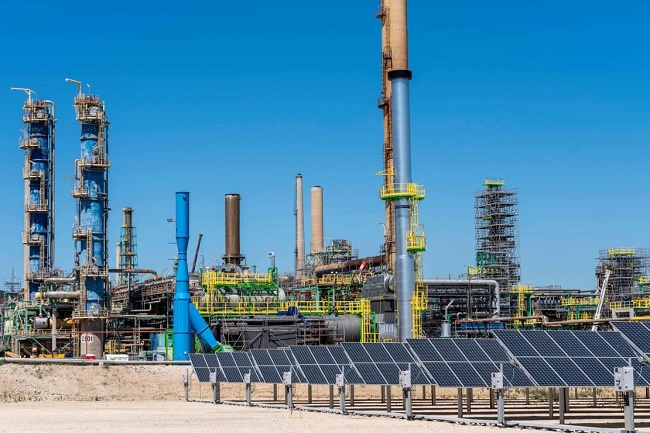
The new project complements the Masshylia project to produce green hydrogen by electrolysis led by TotalEnergies in partnership with ENGIE. These projects will reduce the La Mède biorefinery’s annual CO2 emissions by 130,000 tons.
Air Liquide is going to build and operate a renewable hydrogen production unit at the La Mède platform. With an annual capacity of 25,000 tons, this unit will recycle co-products from the TotalEnergies biorefinery. The hydrogen will then be used in the biorefinery to produce biodiesel and sustainable aviation fuel (SAF). The project’s total investment amounts to €150 million for TotalEnergies and Air Liquide. The new unit is expected to start production in 2028.
“This new renewable hydrogen production project, carried out with Air Liquide, allows us to accelerate the decarbonisation of our La Mède platform. Almost ten years after the announcement of its conversion, La Mède is continuing its transformation and is becoming a low-carbon hydrogen production center, thus contributing to the decarbonization ambition of the Provence-Alpes-Côte-D’Azur region,” said Vincent Stoquart, President, Refining & Chemicals at TotalEnergies.
At the same time, TotalEnergies says it is continuing the development, with its partner ENGIE, of the Masshylia project of green hydrogen production by water electrolysis with a capacity of 10,000 tons per year, to contribute to the decarbonisation of both the biorefinery and local customers at the Fos-Berre industrial-port zone. The two partners are aiming to start up the first 20 MW electrolyser in 2029, subject to confirmation of European and French subsidies and the necessary public authorisations.
TotalEnergies stated that it is committed to reducing the carbon footprint of producing, converting and supplying energy to its customers. One of the paths identified by the company is to use low-carbon hydrogen to decarbonise its European refineries, a move that should help reduce its CO2 emissions by around three million tons a year by 2030.

